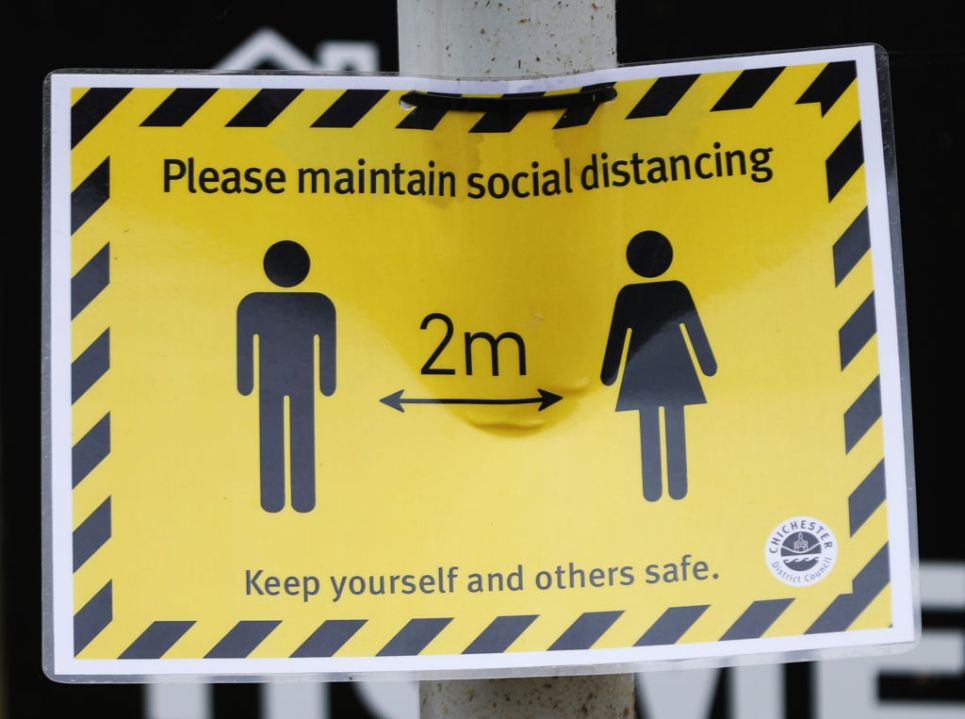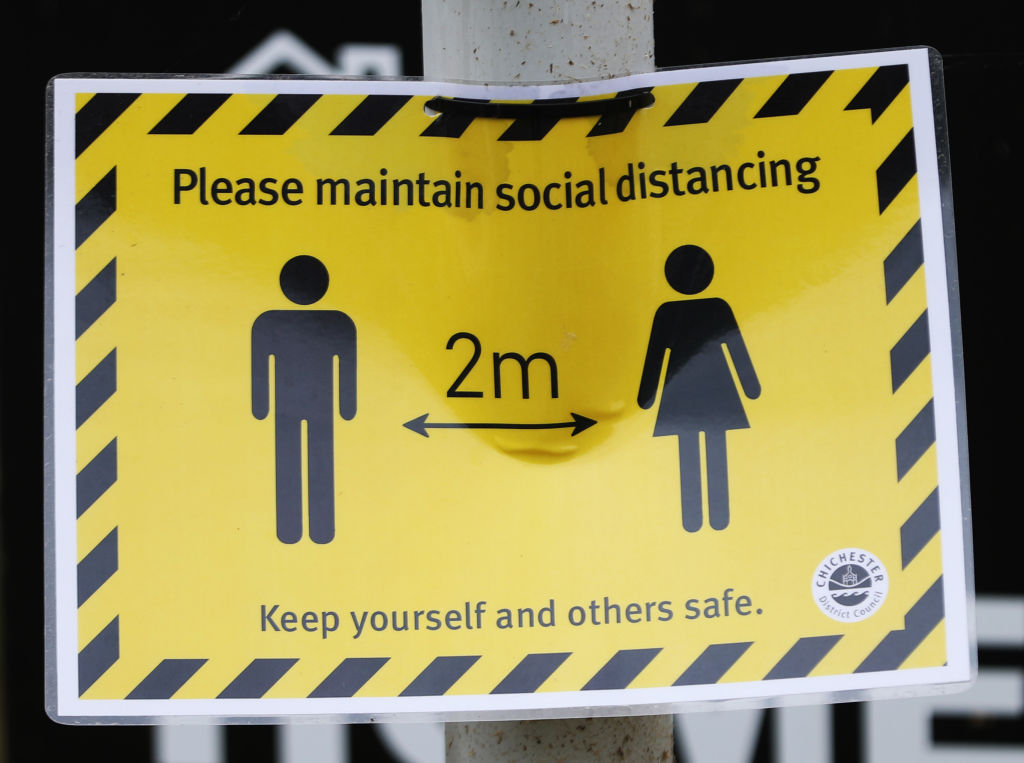The death of the High Street has been greatly exaggerated before, but could this really be it for our town centre shops? The ease of Amazon has made life under lockdown bearable and has tempted people away from popping to the shops. As a result, more and more shops are boarded up. Even large companies aren’t immune, as demonstrated by the collapse into administration of shopping centre giant Intu. But there might still be a way for our High Street shops to defy the odds.
When I ventured out to the shops last week for the first time since March, I was anxious: I knew it wasn’t going to be like Bournemouth beach or the streets outside Anfield but I’d no idea quite what awaited me. There was an irony to my outing: the specific product I wanted was available ‘online’ but delivery could not be guaranteed. ‘We are experiencing high levels of demand…’ and all that.
With a heavy heart, I had searched online for a traditional retailer who not only sold the product but was open and had it in stock. Success. A shop on Winchester High Street that I was familiar with ticked all the boxes.
The first thing that caught my eye in Winchester was that half of the car-park I usually use has been given over to a traditional market. The logic is simple: fewer cars, less car-parking. Shut-down retail; open-air markets. Better still, the stalls groaned under the weight of wonderful, locally produced goods. Fresh flowers from Hampshire fields. The most wonderful honey from Wessex hives. There was wine and there were cheeses: all of it local. Little of it is mass-produced and all of it reasonably priced.
The High Street was quieter than in the early spring and the street furniture had changed. There were yellow blobs on the pavement, indicating the need to ‘keep 2 metres apart’. There were barriers to channel consumers safely to their points of purchase. Outside ‘Tesco Express’ there was a security guard, dressed in stifling gear, but offering courteous greetings and hand sanitiser.
I am not a browser and I arrived, otherwise undistracted, at the shop that I knew had what I wanted. What I didn’t know was that it also had a sale on. Coming out of the last few weeks, that is not surprising but it was generous in the level of discounts and it all seemed good stuff – no end of line dross. Needs must for these people: tight-rope walkers in a world where margins have got tighter and times are especially tough.
The now de rigueur sanitiser was dispensed by an assistant at the door. There were half a dozen or so other shoppers already about their business. We all kept our distance and engaged in little two-steps as we avoided crossing paths or, God forbid, colliding. We smiled at one another: you can still tell it from the eyes, even when most of us were wearing face-masks. Pleasantries were exchanged, but at the appropriate social distance. Arrows on the floor made clear the flow of traffic – the only flow of traffic – that would be permitted.
As much of the service sector has been UBER-ed, so has much of retail been IKEA-ed. Product chosen, I went to pay. Perspex screens kept the sales assistant and me safe. Gift wrapping was offered, still at a reasonable premium. Payment was ‘card-only’: cash as king has truly been dethroned. It was all done, in a flash.
The old rules of classic economics were still in force: my demand had been met by a well-stocked supplier but at a price that declining demand had dragged down. Content consumer. But more was at play. The newer, fashionable economics of random choice wrestle with why we consume product ‘x’ from supplier ‘y’. Master that and you master your market. In addition to precisely what I had wanted at a fair price I had also experienced courtesy and efficiency. These are qualities I will remember longer than the discount.
But they have become all too rare a variable. The brutality of shopping, compounded by sales rushes and ‘Black Friday’ fake-bargain hunting, has contributed to folk clicking, online, rather than browsing and buying in store, in person. The shopping ‘experience’, as clever consultants call it, does matter. Despite the herding signage and the Stepford routing, I enjoyed the experience.
Post-pandemic economics will make the science of the search for a Covid-19 vaccination appear a simple as ‘A-B-C’. In retailing, choice and price will remain important as we enter a long phase in which the marginal propensity to consume will be severely curbed by income, job security worries and public health concerns.
But if an informed and charming sales staff are serving courteous customers, in a managed calm, there may be hope. And the idea of good manners returning to the high street as a permanent fixture would be welcome. Hope lies in these force majeure behaviours becoming part of the ‘new normal’ for retail and for its customers. Not for the first time, the High Street could end up defying the odds.







Comments